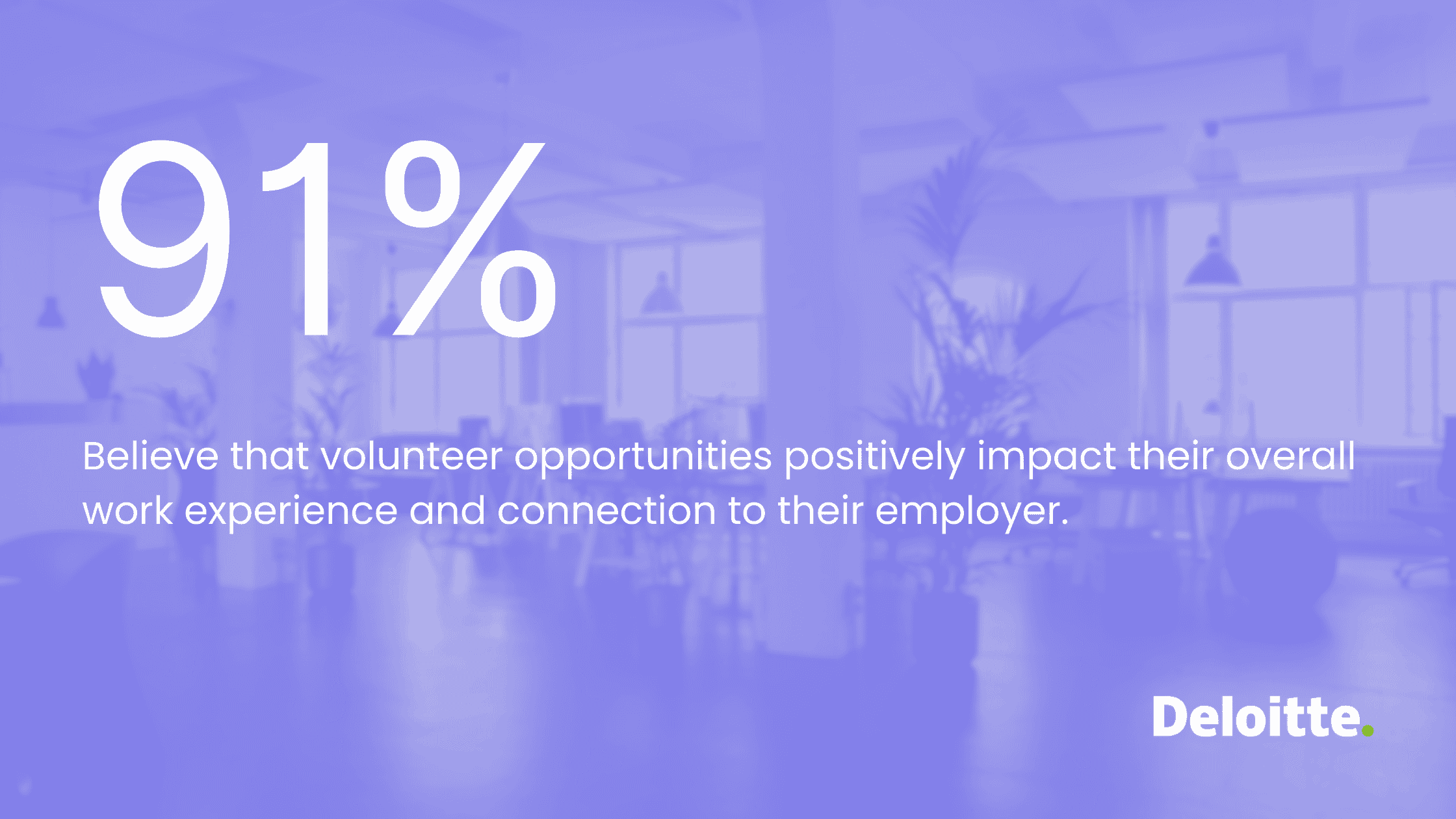Every time the festive season comes it brings a lot of chances for the company to engage with their employee but the real challenge they face is to do it in a way that resonates and creates a social impact. Without realisation, many companies fall into the trap of organizing events without connecting them to a bigger purpose. In a time when employees seek meaning and want to contribute to something larger, businesses have an opportunity to integrate their holiday engagement with impactful causes.
Simply hosting a celebration or asking employees to volunteer for a single cause can miss the mark. When employees don’t see their values reflected in these efforts or feel disconnected from the impact, engagement levels drop.
Without a purposeful approach, businesses risk disengagement and fail to build deeper connections that can foster loyalty and meaningful participation.
The solution is to develop an inclusive, purpose-driven engagement strategy that allows employees from all backgrounds to contribute in ways that are meaningful to all of them.
Here’s how employers may engage their employees this holiday season:
- Focus on Inclusivity: Rather than focusing engagement on a single holiday or traditional theme, make it a priority to provide opportunities for employees from diverse backgrounds to celebrate in ways that are meaningful to them. This creates a sense of belonging and tolerance for various opinions, ensuring that no one feels excluded. Employee Resource Groups (ERGs) can play an important role in driving these efforts by providing employees a say in developing activities that represent their cultural values. Inclusivity should be important to any engagement plan, as various experiences strengthen the company’s overall culture.
- Empower Volunteer Champions: Empowering employees from diverse backgrounds to lead volunteer initiatives ensures that activities are more representative of the entire workforce. Companies may encourage culturally relevant and meaningful participation by providing these champions with the skills, resources, and partnerships they need. This method helps to break down boundaries and empowers employees to lead projects that represent their communities’ unique needs, resulting in deeper connections among colleagues and better workplace unity.
- Listen to Employee Needs: Implement inclusive feedback methods that capture the voices of all employee segments, particularly those that have previously been underrepresented. Multilingual surveys, focus groups, and one-on-one interviews can help you understand your workforce’s different volunteering interests and requirements. This inclusive strategy guarantees that your social impact efforts include the full range of employee viewpoints and experiences.
- Leadership Engagement is Crucial: Leadership participation is essential in establishing the tone for inclusive, purpose-driven volunteer activity. When senior executives are publicly participating in social impact activities, particularly those with a DEI focus, it reinforces the value of giving back and encourages broader participation throughout the organization. Leadership engagement strengthens the company’s commitment to achieving social change while also reflecting the organization’s inclusive principles, encouraging everyone to participate in the larger social goal.
- Adapt and Innovate Each Year: Take Innovate Volunteer Opportunities to Increase Social Impact Yearly To keep volunteer activities interesting and effective, organizations should present new possibilities each year that reflect the changing priorities of their varied workforce. Organizations can encourage employees while addressing a broader range of societal concerns by rotating causes, gamifying volunteer hours, or providing new sorts of incentives. Innovating via a DEI perspective means that each year’s campaign has a deeper, more dynamic social impact while engaging more employees in meaningful ways.
- Celebrate and Recognize Contributions: Recognize contributions to social impact from all backgrounds. Recognizing the contributions of all workers, particularly those from underrepresented groups, sends a clear message about the company’s commitment to social impact and inclusiveness. Recognizing varied efforts through rewards, public shout-outs, or internal recognition makes each member feel valued and driven to keep contributing. This culture of appreciation promotes the company’s overall commitment to achieving positive social change by recognizing its employees’ collaborative efforts.
- Importance of Reflection and Impact Storytelling: Reflect and share stories about societal effects from many perspectives. At the end of the campaign, take some time to reflect on and appreciate the social impact made by employees from various backgrounds. Sharing varied stories and showcasing the real-world outcomes of these volunteer activities helps to develop a narrative of purpose-driven involvement. Highlighting the viewpoints and experiences of employees involved in these activities promotes the company’s commitment to social good, encourages future participation, and solidifies the meaningful connection between employees and their community-focused goal.
Now is the time for organizations to embrace their position as social change agents, using the holiday season to promote equity and inclusion inside their enterprises and in the larger society.







